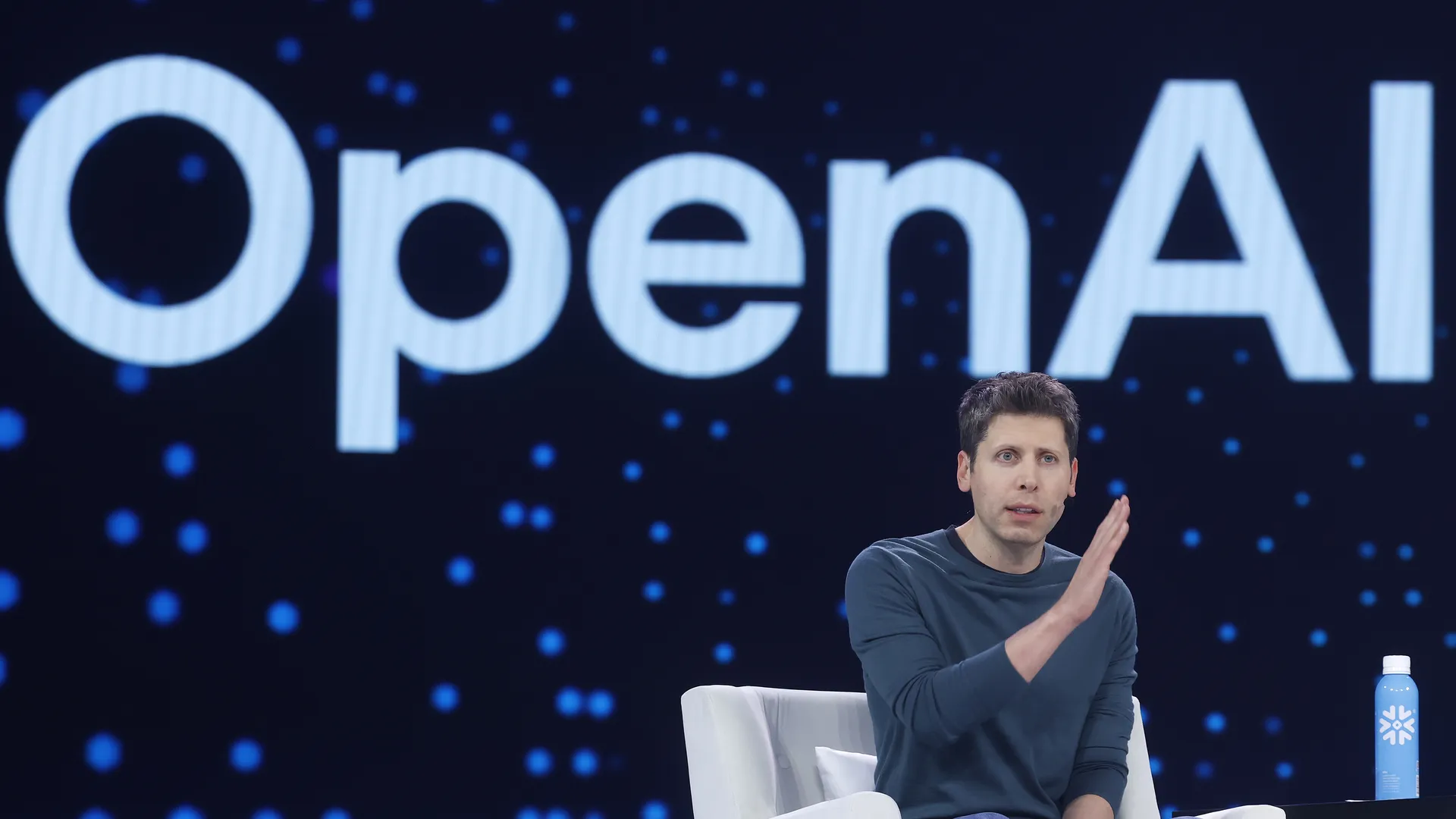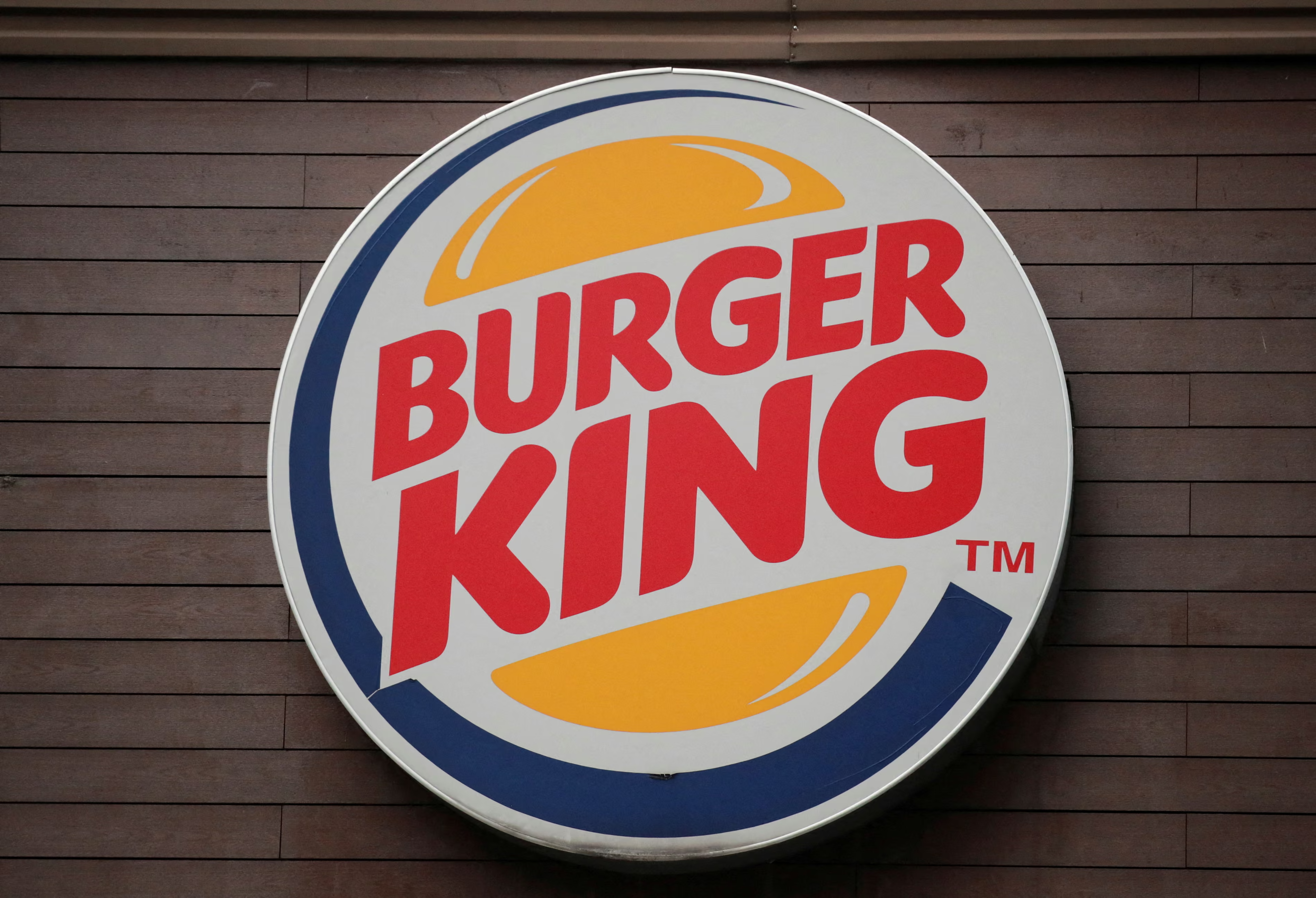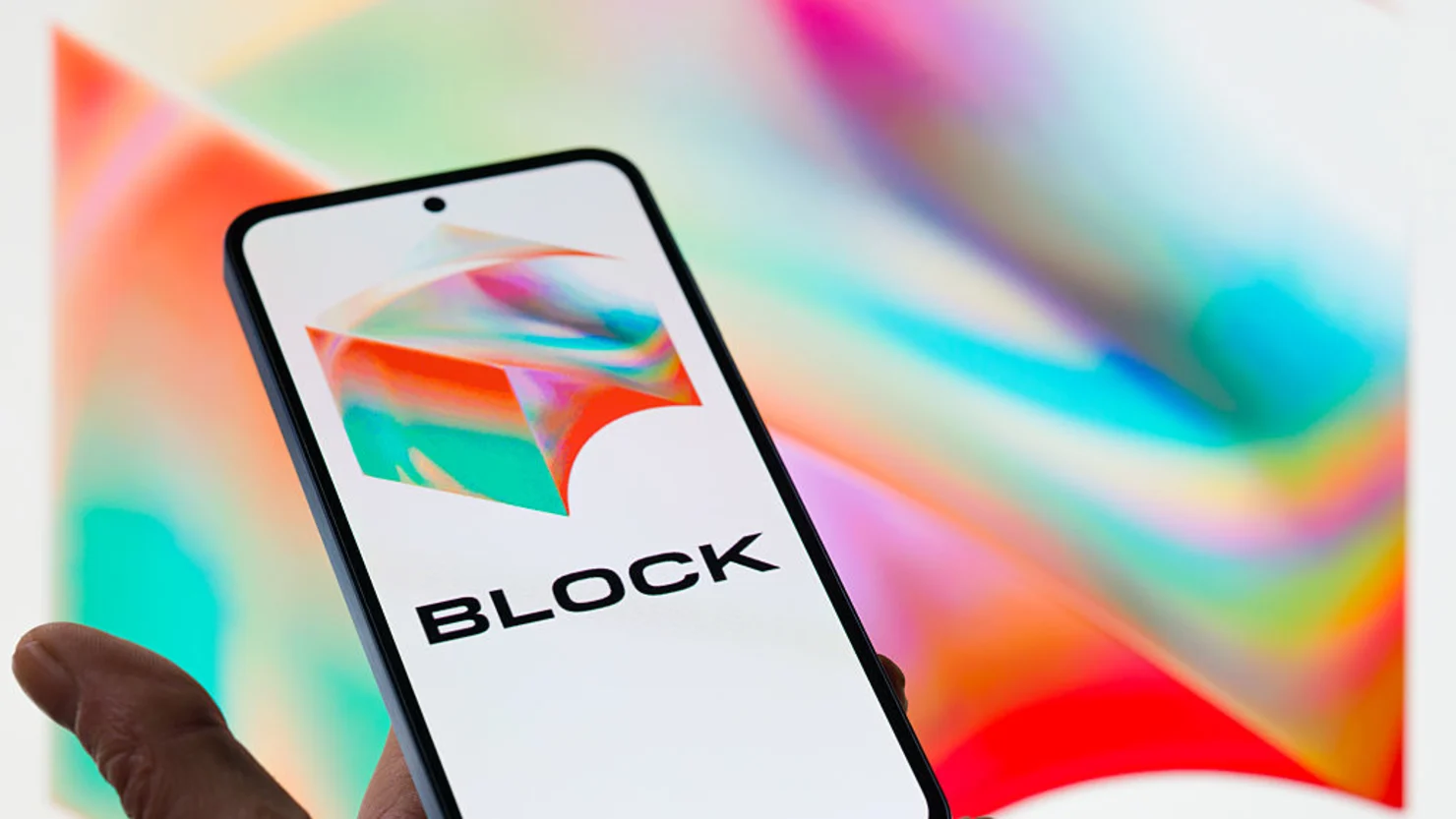In an era where philanthropy faces headwinds from shifting tax policies and reduced government funding, Iconiq Capital—a private wealth firm whose clients include Mark Zuckerberg and Jack Dorsey—is pioneering a collaborative approach to charitable giving among the ultra-wealthy, CNBC reports.
Through its philanthropic arm, Iconiq Impact, the San Francisco-based firm has created “co-labs,” or collaborative funds that pool capital from high-net-worth individuals to support nonprofits tackling large-scale challenges such as climate equity, economic mobility, and youth mental health.
Since its launch, Iconiq Impact has advised on nearly $900 million in charitable grants—much of it through these multi-year, pooled funds. The newest co-lab, focused on youth mental health, has already raised $112 million from 10 families, with a goal of reaching $200 million by the end of the year.
The initiative comes at a time when the philanthropic landscape is being reshaped by political and economic forces. Critics argue that the 2025 federal tax-and-spending legislation, championed by the Trump administration, reduces incentives for charitable giving while scaling back social safety net programs. Nonprofit organizations are concerned that these shifts will lead to lower donations just as demand for their services increases.
“There are so many areas where philanthropy can move the needle right now,” said Matti Navellou, head of Iconiq Impact. “We aim to influence the faster movement of dollars out the door.”
Navellou, a former UNICEF official, developed the co-lab strategy after hearing from clients—mostly tech entrepreneurs—who wanted to learn from peers and navigate philanthropic decisions more efficiently. Many of Iconiq’s clients are running businesses and haven’t had time to set up private foundations, she noted.
The co-lab model helps donors bypass the slower pace of traditional foundations and donor-advised funds, which are not required to disburse more than a small percentage of assets annually. Instead, co-lab participants attend curated in-person and virtual sessions to learn about specific causes and collaborate with experts. Iconiq then develops a portfolio of vetted nonprofits, enabling clients to fund them without micromanaging.
This streamlined process allows busy founders to direct funds to high-impact organizations faster and with greater flexibility, Navellou said.
Bill Smith, CEO of mental health nonprofit Inseparable, which receives about $1.3 million a year through one of Iconiq’s co-labs, said this kind of flexible, unrestricted funding is rare—and valuable.
“The flexibility of having unrestricted money lets us go where we need to go and do what we need to do without constraints from a funder,” Smith said.
Although primarily designed for Iconiq clients, the co-labs are open to outside participants who can contribute as little as $250,000 per year. However, Iconiq typically asks donors to commit low single-digit millions annually over three to five years.
Navellou noted a generational shift is underway: younger donors often prioritize measurable impact over specific causes and are more open to pooled giving and impact investing. She also highlighted a growing trend in female-led philanthropy, pointing to data suggesting women—who are expected to inherit the majority of the estimated $124 trillion wealth transfer over the next 25 years—are generally more generous and proactive in their giving.
“We’re seeing a lot more women stepping into leadership roles in philanthropy,” Navellou said. “That’s a momentum we’re really excited to build on.”










The latest news in your social feeds
Subscribe to our social media platforms to stay tuned